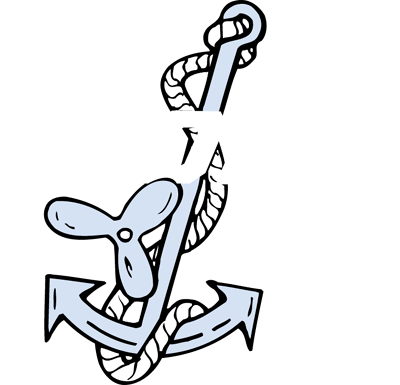Pilot John Cota Sues Coast Guard Over Refusal To Return License
John T. Cota was the San Francisco Bay Pilot aboard the COSCO BUSAN on November 7, 2007 when it struck the San Francisco Oakland Bay Bridge and spilled 53,000 gallons of oil into the bay. Among the many and broad-reaching consequences of that disaster, Pilot Cota entered into a Voluntary Deposit Agreement with the Coast Guard on December 21, 2007, under which he surrendered his license for an unspecified amount of time to avoid being served with a Coast Guard Complaint for ”medical incompetence”. Under the Deposit Agreement, the license would remain on deposit with the Coast Guard until Pilot Cota could present a report from a “third party independent licensed physician” stating that he is medically fit, in all respects, to perform his duties aboard ship. The Deposit Agreement mentioned no other barriers to the return of Pilot Cota’s license.
There followed a long and complicated sequence of communications between Pilot Cota, his physician and the Coast Guard, with a troubling number of instances in which the Coast Guard either replied after the 30-day time for appealing the decision being transmitted, or did not advise Pilot Cota of his appeal rights as required by the Coast Guard’s own regulations or, in some cases, simply failed to reply to calls or letters at all. In any event, it appears that by 2011, although Pilot Cota had by that time met all of the Coast Guard’s requirements (as stated in its Deposit Agreement) for showing physical and medical competency (including the certification of a “third party independent licensed physician”), and additionally, although the Coast Guard had expressly represented to Cota’s Congressman that medical certification was all that it would require of him for the return of his license, the Coast Guard still refused to return it. An internal Coast Guard memorandum (presumably secured under a FOIA request), revealed that the Coast Guard, at this point in the process that is, after Pilot Cota had complied with the medical requirements in the Deposit Agreement, now decided to deny Pilot Cota’s license based, not upon medical reasons as set forth in the Voluntary Deposit Agreement, but on a new and not previously disclosed reason – Pilot Cota’s alleged “failure to meet the Safety and Suitability requirements of 46 CFR sec. 10.211 (g).” This new reason for denying the return of the license was apparently premised on the fact that Pilot Cota had, in response to criminal charges filed against him in the aftermath of the grounding, plea bargained for 2 lesser charges of “criminal misdemeanor” for oil pollution and, pursuant to that agreement, had served a term of 10 months in a federal prison.
Pilot Cota filed his Complaint in the United States Court for the Northern District of California (San Francisco Div.) on February 8, 2013. It asserts jurisdiction against the United States, the Coast Guard, the Dept. of Homeland Security, and the Commandant, based on 28 USC sec. 1331 (Federal Question), 28 USC sec. 2201 (Declaratory Judgment), and 5 USC sec. 702, (the Administrative Procedures Act) (Judicial Review of Final Agency Action). It contains 3 prayers for relief: (1) Judicial Review of the CG's final denial decision; (2) Violation of Fifth Amendment Due Process rights; and (3) Declaratory Relief. The Coast Guard and other defendants have not yet filed their Answer.
Pilot Cota’s Complaint is available from the court’s electronic docket, and is worth reading, if you wish to see a catalogue of the United States Coast Guard at its very worst. We will watch the progress of this case closely and keep you informed of all developments which may be of interest to license defense attorneys.
